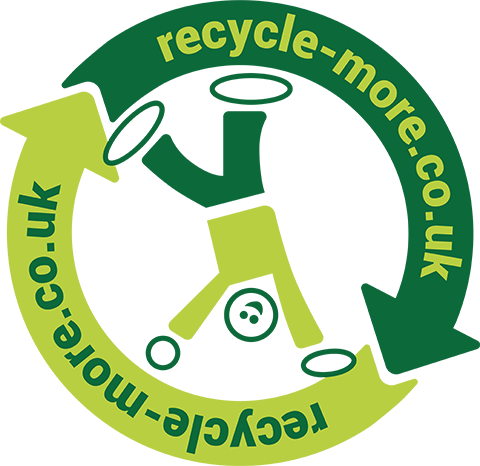
Reducing you food waste
Tori Starmer
March 8, 2023
With the third annual Food Waste Action Week in full swing, we want to share some benefits that reducing food waste can bring! 70% of the UK’s food waste comes from households, which equates to 6.6 million tonnes! However, a range of skills can be easily adopted and used in our day-to-day lives which can reduce how much food waste we generate. If we all follow these simple actions, it will help to significantly reduce the environmental impact of this waste stream!
The benefits of reducing food waste
- Reducing how much food we waste also helps to reduce our carbon footprint. Food waste contributes 8-10% of total manufactured greenhouse gas (GHG). If we all do our bit to reduce food waste, we can work together to lower our carbon footprints.
- Cost saving - With the rising cost of living affecting so many of us, something as little as reducing food waste can help us save money each week!

10 tips to reduce food waste
- Knowing what meals you are going to eat each day of a week helps to reduce the purchase of unnecessary food items
- Be strategic when planning the order of your meals. Find out which ingredients have the shortest shelf life and prioritise meals that contain these foods
- Freezing certain food items can help them last longer. Foods such as bread, leftovers from last night’s dinner, or even lemons for your gin and tonic can all be frozen to help reduce food waste
- It is a myth that vegetables such as carrots and potatoes need to be peeled before use. If you wash your vegetables, they do not need to be peeled
- Why not try skin on fries? Even mash potatoes with the skin on. It tastes delicious!
- It is important to know the difference between the two labels. Best before labels help consumers to understand when food will be at its best quality wise, so if the date has passed it does not mean it is dangerous to eat. If your vegetables look and smell fine, they will be good to eat
- The Coop supermarket has removed ‘best before’ dates on 150 items to help tackle food waste
- Buying fruit and vegetables as single items actually works out cheaper than buying multipacks, because consumers will then only buy what they need, which also saves money
- Having the correct quantity of food items for the week means there is no need for anything to be thrown away
- Having a board or note pad in your kitchen where you can write down food items that you have run out of helps to reduce your food costs and waste. Then when you next go to the shop you are aware of what you actually need to buy, rather than panic buying items you may already have in stock
- Store bananas away from other fruit. Bananas release a gas called ethylene which can speed up the ripening process
- Keep potatoes and onions separate. Like bananas, onions release ethylene which can make potatoes sprout and rot more quickly
- Make sure your fridge is at the correct temperature for your food
- If there is a specific item you need in your weekly shop, check out the reduced section first! Supermarkets will reduce the price of items which are nearing the end of their ‘best before date’; however, it does not mean the product isn’t fit for consumption
- Adopting this technique will not only help you save money on your food items but will also help to reduce food waste created in supermarkets
- If you have bought cupboard food and discover you’re not keen on or you didn’t end up cooking a meal on your plan you can donate to a food bank or homeless shelter! You will not only reduce food waste, but you are also helping somebody in need
- Composting is a great and easy way to reduce food waste and is a free way to generate nutrient-rich soil for your garden. Check out our blog on home composting to learn more
Disclaimer: The opinions expressed in this blog represent those of the author, Tori Starmer, and are not those of recycle-more, Valpak Limited or any other organisation.





